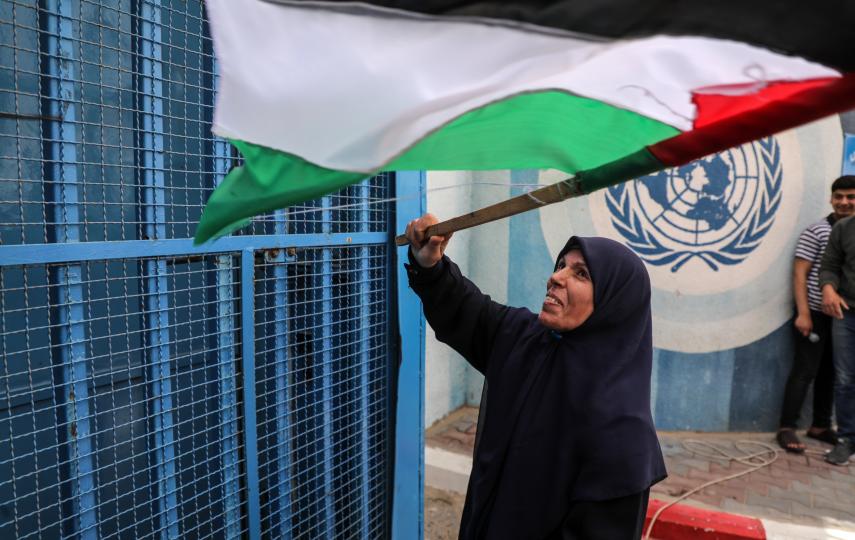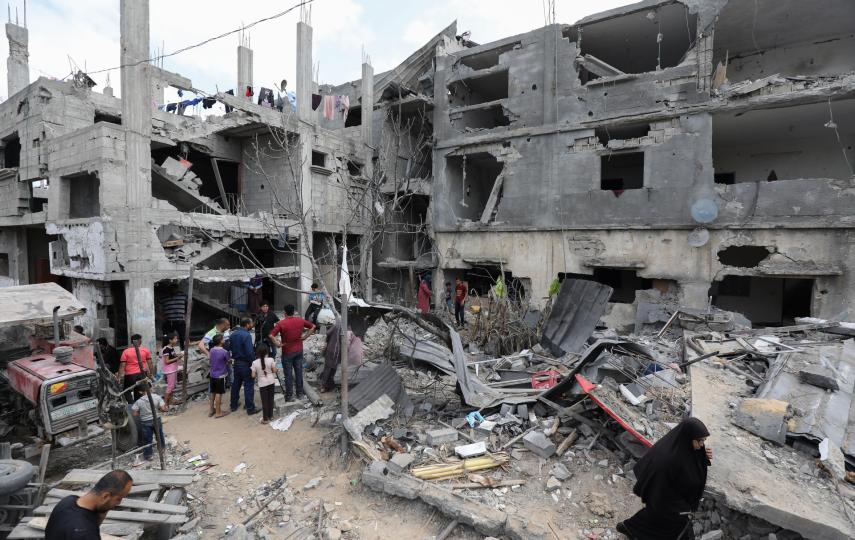Aid organisations are calling for a humanitarian corridor in and out of Gaza since Israel cut off supplies of fuel, electricity, and water following Hamas’s deadly assault that began on Saturday, and as Israeli airstrikes intensify amid fears of a ground invasion.
UN High Commissioner for Human Rights Volker Türk said on Tuesday that depriving Gazans of basic survival needs would be a violation of international humanitarian law.
Israel says its territory has now been secured, but residents inside Gaza say the Israeli military is continuing to strike buildings, and some neighbourhoods have been flattened by shelling.
Iran, meanwhile, has denied involvement in the attacks that have reportedly already resulted in the deaths of more than 3,000 people.
Israel said it had recovered the bodies of some 1,500 Hamas militants within Israel, while Palestinian authorities say 770 people in Gaza have been killed in the retaliatory Israeli airstrikes, and more than 4,000 injured. Some 900 people in Israel were killed in the assault by the militants, who have also reportedly taken between 100 and 150 hostages.
For an inside look at the worsening situation on the ground in Gaza, The New Humanitarian spoke on Monday to Maha Hussaini, a Palestinian human rights activist and journalist reporting from the enclave.
“There are no shelters in Gaza,” she said. “There is no safe place.”
Watch the full video below.





